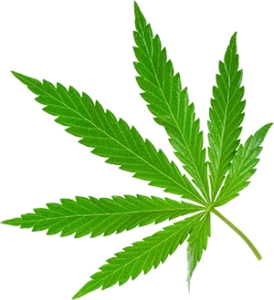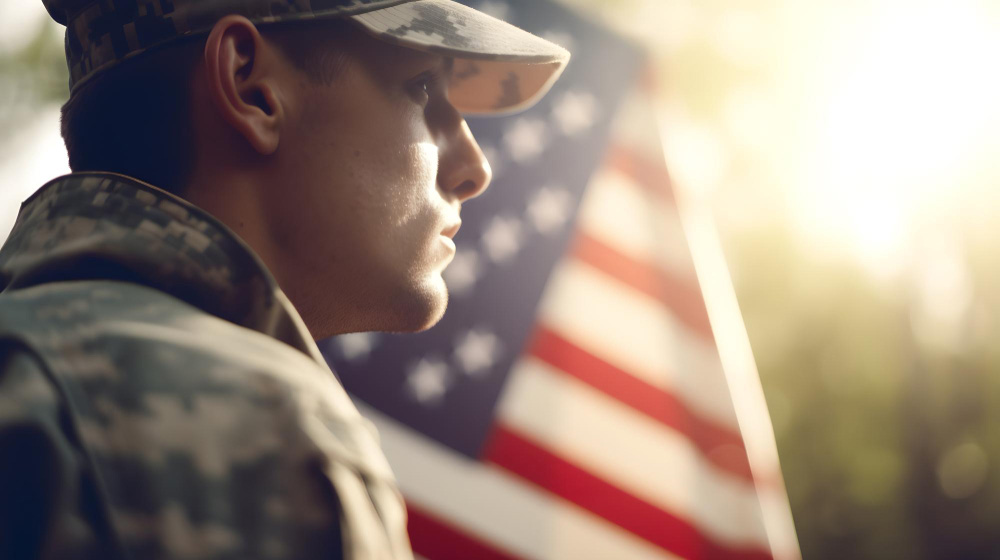Featured Products
-
FORIA, THE TEASER KIT
$38.00
-
CBD SOAP
$10.00
CBD PRODUCTS

$38.00
$10.00

Be Pain Free Global is a trusted natural medicine provider making a difference in people’s lives worldwide.
Our reviews and testimonies speak for themselves. We focus on providing the best medicine and customer care for our clients
Learn more about our support process, how you can contact us at BPFG, and how we are here to help you.
We have a 10-business day replacement policy, and we take all inquires very seriously. We are committed to quality products for you.
The Ultimate Cannabis And Health Education Platform Presented By Be Pain Free Global.
At BPFG, we work hard on collecting relevant videos for cannabis consumer education.
Just cannabis? No. We are all about consciousness, vision, proper nutrition, and holistic health.
We have compiled great resources to help understand the benefits of cannabis for your health.
Check out what’s smoking on our strains and terpenes list. Featuring best strains curated by our editor.
Indica's are known for their calming and sedating properties, usually leading to munchies, and sleep.
Sativa's are known for their ability to produce energetic feelings and creating a positive uplifting euphoria.
Hybrids are a very popular with cannabis consumers due to the initial uplift followed by relaxation.
Every case is different and requires individualized care. We have some great tips for doctor reccomendations.
Join our collective with a valid California medical recommendation to gain access today
Get the details on how our affiliate program works and how you can benefit by referring others
Become a Be Pain Free Affiliate and earn lifetime commissions for your referrals

We often link the word veteran with the word sacrifice. There are many types of sacrifices that veterans make. They sacrifice their autonomy. For as long as a man or woman serves in the military, they are not in charge of where they live, what they do–all of the basic freedoms that most of us take for granted. They sacrifice their time, giving up their lives to service for many years. They give up their comfort–the niceties and indulgences of the typical American’s daily life–air conditioning, clean bed linens, choices of food, as well as their sense of safety. Most of us live our daily lives with an assumption of safety, but that is not so in military conflict.
Veterans often sacrifice their physical and emotional health. And, all too often, they sacrifice their lives–either through active combat, or as a result of suicide.
In a 2019 blog entitled “Challenges Veterans Face When Leaving the Military”, the Blinded Veterans Association identified five different challenges. The first was unemployment. Having often enlisted right out of highschool, many veterans don’t have the education necessary to qualify themselves for civilian employment. Although there are vocational programs provided through the VA, there are still many obstacles in place.
Many veterans struggle after leaving the military with their “relationship with themselves”, their sense of purpose and identity, and impaired self esteem as they attempt to navigate in a society that does not hold them with the esteem or title they had in the service. They are often vilified as “killers” or “crazy people”.
Because of underemployment, many veterans also struggle with homelessness. According to the above blog, 30% of homeless people in our country are veterans. Comorbid substance abuse and dependence, and psychiatric illness can impair the ability for veterans to access appropriate housing.
A 2015 article in Advanced Medical Education Practice called “US Veterans and Their Unique Issues: Enhancing Health Care Professional Awareness” explained that because of the frequency of injury seen in combat veterans, they often struggle with many physical handicaps such as amputation, scarring, disfigurement, and medical conditions such as chronic pain, traumatic brain injury, and hazardous exposures to chemicals (agent Orange), radiation (nuclear weapons), pollutants (burn pits), occupational hazards (asbestos, lead), and warfare agents (chemical and biologic agents), including chronic pain and pulmonary issues.
There is an enormous weight of psychological and psychiatric issues as a result of military service which also plagues veterans. They often struggle with PTSD, anxiety, mood disturbance, insomnia, substance use and abuse, and as many as 22 veterans a day successfully commit suicide. A 2021 article in the Military Times (2021/06/21) reported that “four times as many troops and vets have died by suicide as in combat.” This is a travesty, a tragedy, and a clear example of how our modern society has failed the very people who are protecting our freedoms.
Many Veterans blame polypharmacy, the large number of medications that they are prescribed to address their many conditions, as one of the primary drivers for their suicidality. In response to this crisis, many veterans have been exploring integrative services and treatments such as meditation, yoga, relaxation therapy, and plant medicines as alternative interventions. Many plant medicines, such as medical cannabis and psychedelic medications, have shown superior efficacy and side effect/ toxicity profiles in comparison with more traditionally prescribed pharmaceuticals.
Unfortunately, cannabis remains Federally illegal, despite being medically legal in 37 States and recreationally legal in 21 States. The VA system, as part of the Federal government, has clearly stated that veterans will not be denied VA benefits because of marijuana use, but VA clinicians are not allowed to recommend its use or assist them in obtaining it. Since Ketamine is a Schedule III medication, licensed physicians are able to prescribe it off-label for use for veterans in treating chronic pain, PTSD, substance abuse and dependence and other psychological conditions, but MDMA, psilocybin, and other plant based psychedelics such as ayahuasca, mescaline, LSD remain illegal and therefore unavailable for veterans. In both the cannabis and psychedelic spaces, veterans are at the forefront in the fight for legalization, most recently championing the Right to Try laws as a way to access psychedelics for treatment. Again, they are at the forefront, marching ahead of the rest of us, clearing the way for us. On Veterans Day, as well as every other day, we owe them our respect, our gratitude, and our support.
Veterans are the ultimate heroes, the ultimate first responders. When everyone else is running away, they are running in. We sleep more easily in our beds knowing that the men and women of our military are protecting our way of life, our borders, and our place in the world.
Be Pain Free Global Is A Recognized Leader In The Medical Cannabis Space. If you would like to learn more about Be Pain Free Global, how to get your medical recommendation, or how to join our collective, you can reach out to us via the chat button on our website, or call us at 1-888-420-3848.